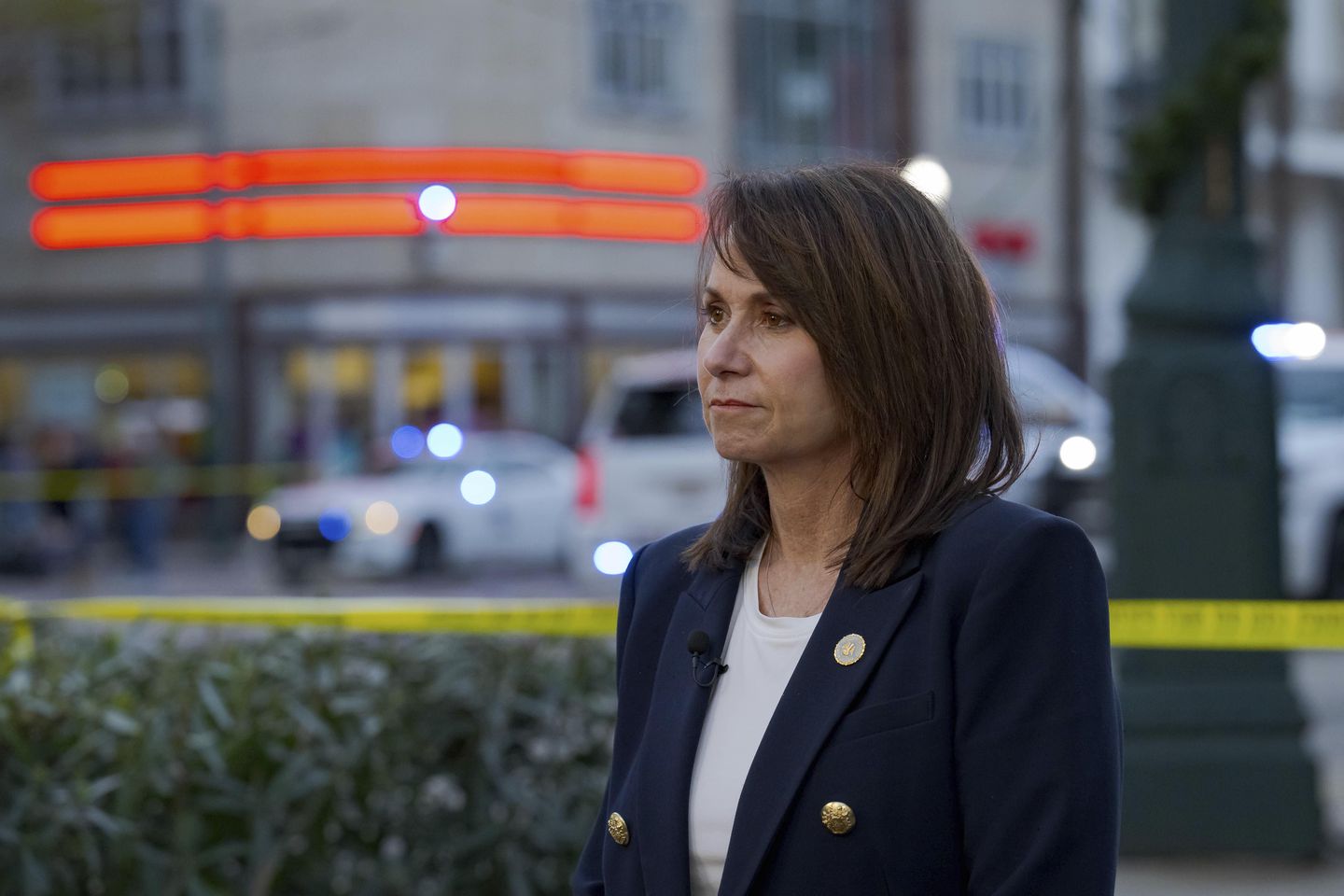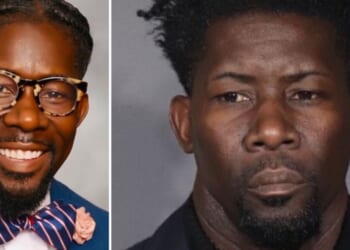
Louisiana Attorney General Liz Murrill has traveled a circuitous path to the U.S. Supreme Court, where her office this week will argue that the 60-year-old Voting Rights Act should not promote Black voters’ interests over those of others.
Depending on how the justices adjudicate the case, which goes to the court for oral arguments Wednesday, the decision could be one of the biggest in years.
Critics say it could effectively gut Section 2 of the Voting Rights Act of 1965, which prohibits discrimination in voting practices based on race, color or language. That could make it harder for minorities to initiate legal challenges to legislative maps.
At issue is Louisiana’s congressional district map, which has been redrawn several times over the past few years, as lawmakers try to weave their way through the demands of the Voting Rights Act.
The state initially drew a map with one majority-Black district and produced a delegation with five Republicans and one Democrat.
Black voters sued, and a lower court ruled that the map violated Section 2 of the Voting Rights Act. The court said that because the state’s population is 33% Black, the state’s map should have at least two majority-Black districts.
The state Legislature produced such a map, but then non-Black voters sued.
Ms. Murrill defended the map with two majority-Black districts before the Supreme Court last term, but the justices ordered a rehearing. They said they wanted to confront bigger questions about the Voting Rights Act and whether forcing states to promote Black voters to the exclusion of other considerations is constitutional.
With that issue in focus, Ms. Murrill is opposing her state’s map.
“Our Constitution prohibits the sorting of Americans into voting districts based on their skin color — and Louisiana wants no part of that abhorrent system,” she said. “We have made this argument for years, but the federal courts so far have refused to hear us. So, when they forced us to draw a new majority-minority district, we did so under protest and defended it because the Supreme Court’s backwards precedents permit that district.
“Our Constitution sees neither black voters nor white voters; it sees only American voters,” Ms. Murrill added.
When the court put off a decision on the case in June, Justice Clarence Thomas said it missed an opportunity to correct decades of interpretation that elevated Black voters’ concerns at the expense of the Constitution’s equal protection clause.
“I am hopeful that this court will soon realize that the conflict its Section 2 jurisprudence has sown with the Constitution is too severe to ignore,” Justice Thomas said at the time.
The justices appear to have taken up his challenge. When they announced the rehearing, they asked the sides to clarify this point: “whether the state’s intentional creation of a second majority-minority congressional district violates the 14th or 15th Amendments to the U.S. Constitution.”
That has voting rights activists concerned.
“This court is entertaining the notion that fixing racial discrimination is in itself discriminatory,” wrote Cliff Albright and LaTosha Brown, co-founders of Black Voters Matter Fund. “We see these attacks for what they are, racist power grabs designed to strip us of our power. Black Voters are watching and organizing and we will fight back.”
The case is Louisiana v. Callais, named for plaintiff Phillip Callais.
A decision is expected by the end of the court’s term in June.











